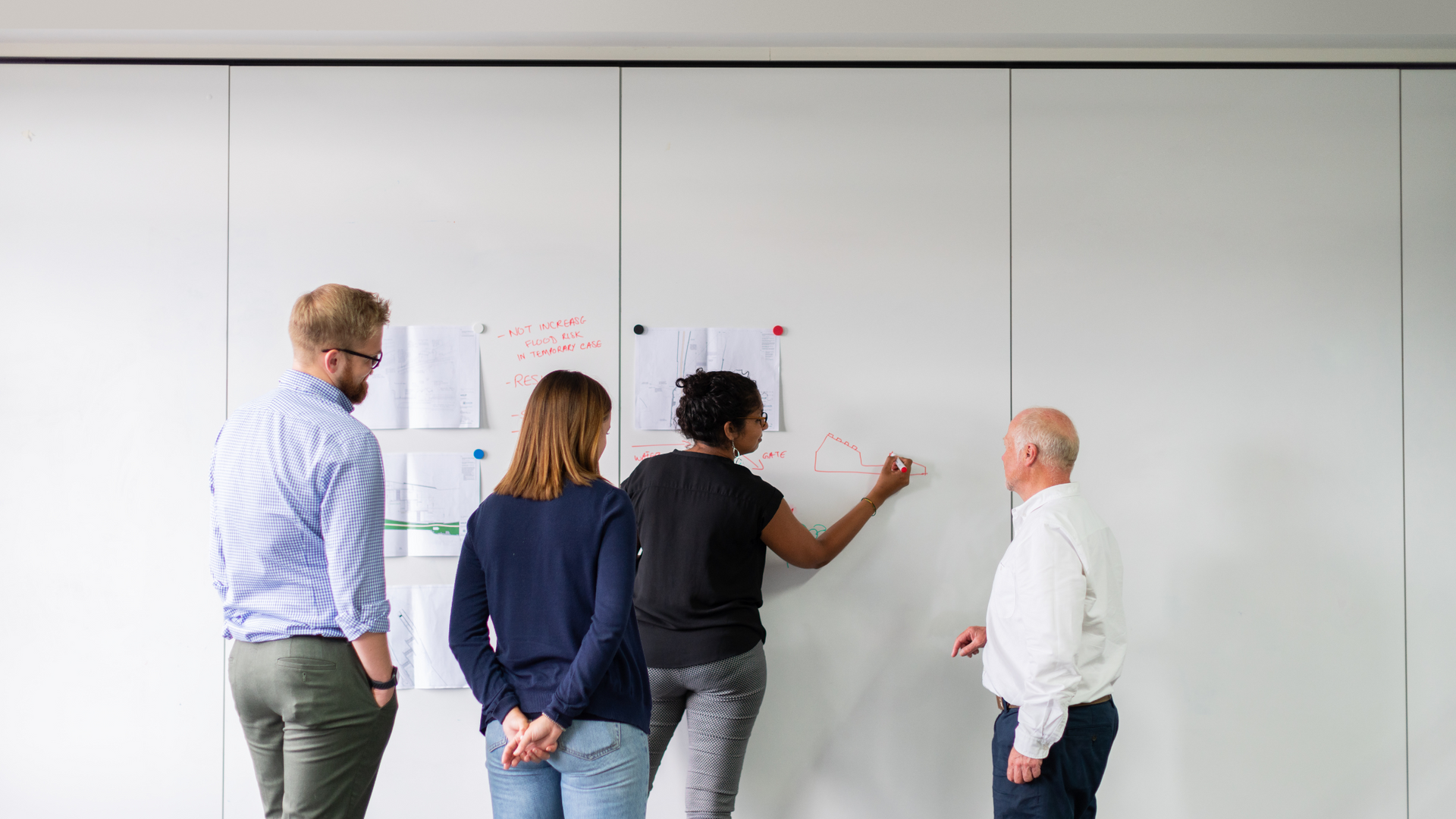Partner James Stovall Guest Speaker for Georgia Tech College of Computing
Back to Georgia Tech - Where it All Began

Yesterday, I had the privilege of returning to my alma mater, the
College of Computing at Georgia Tech, to speak with students about the real-world impact of AI and what it takes to lead transformation in this age of AI. See my insights below.
As a former TA, it was great to be back teaching in a building that didn’t even exist when I was a student. I showed my old CS homework assignments from 25 years ago that today could be solved in seconds by AI, and how my father programmed on punch cards at Tech. That sparked some great laughs… and even better questions.
A huge thank you to
Pedro Guillermo Feijóo-García, Ph.D.for the invitation and for the thoughtful conversations about future collaborations. I had the chance to speak with students from two fantastic courses:
1. UI-Software Principles (HCI) — where they’re exploring natural user interfaces and building conversational agents, now with AI in the loop.
2. Intro to Software Development & Engineering — where undergrads are learning not just how to code, but how to communicate and navigate complexity in real-world systems.
My talk focused on AI adoption, business transformation, and the mindset shift required to succeed. The students were sharp, curious, and deeply engaged. We had some fantastic questions about how to bridge the gap between technical innovation and business value — and how to lead with a people centric strategy in the age of AI.
Key takeaway:
AI is not just a tech shift — it’s a business transformation. And Georgia Tech is preparing the next generation of leaders to drive it.
To the students: Stay curious. Stay grounded. And remember — the best technologists are the ones who understand people and problems, not just code.
Insight #1: AI is a general-purpose technology - like electricity or the internet - transforming industries at unprecedented scale.
Insight #2: AI is not just a tech shift - it's a business transformation. Success requires aligning tools, data, culture, and leadership.
Insight #3: 70-80% of AI projects fail due to unclear objectives, poor data, and lack of readiness. Mindset and execution matter.
Insight #4: Building ethical AI that users trust is essential. Responsible design and meeting users where they are is the foundation for sustainable AI adoption.
Insight #5: Technologists often focus on the bleeding-edge use cases, but real impact comes from helping everyday users adopt AI meaningfully at scale.
Insight #6: Tech is evolving fast - my father programmed on punch cards at Georgia Tech 55 years ago. My CS homework from 25 years ago can be done in seconds by AI. Adaptability is now the most critical skill.
Insight #7: The most successful AI champions combine AI knowledge, business process expertise, and a growth mindset. Don't focus only on tech.


